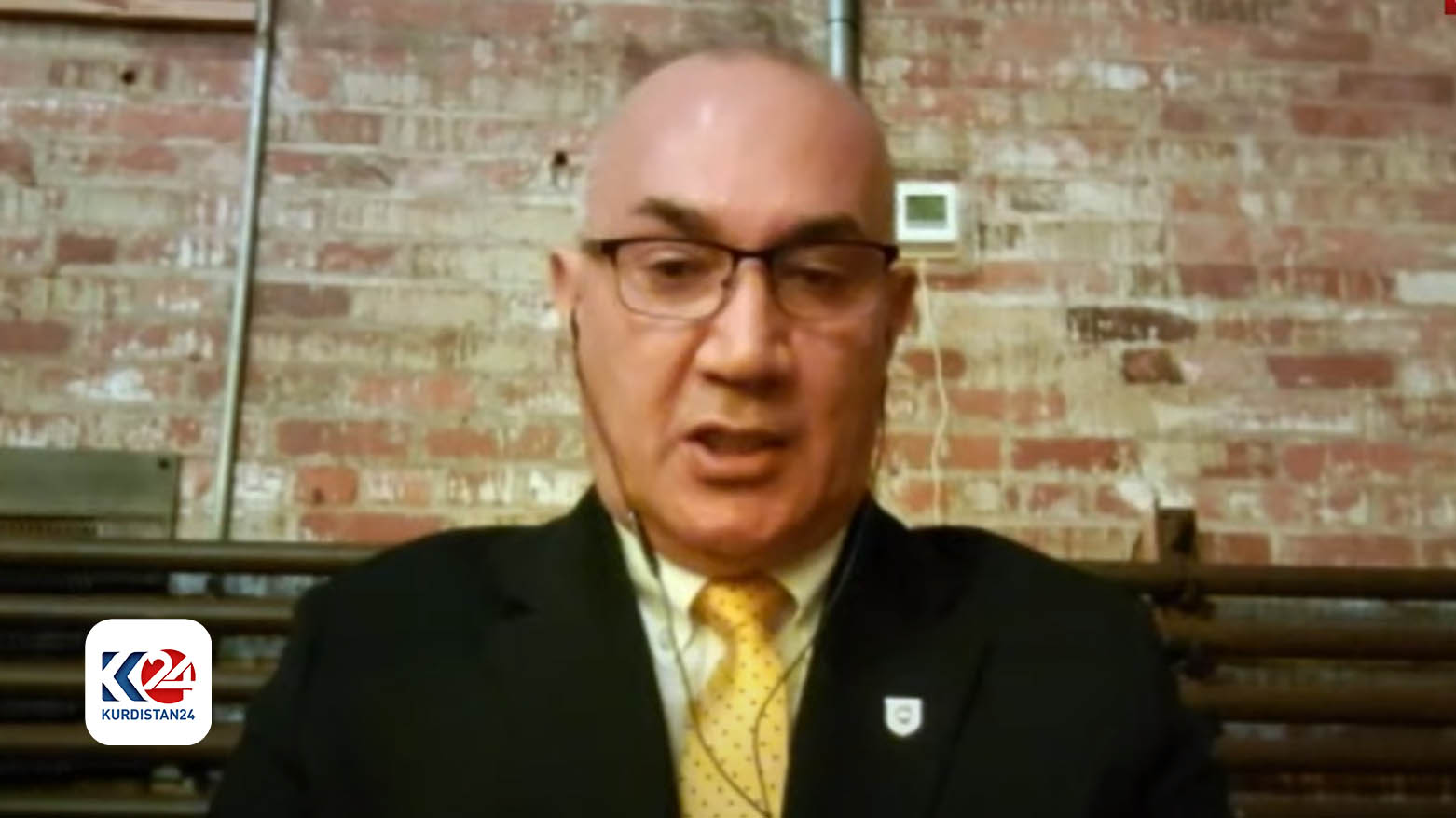Iran's ambitions threaten stability in the Middle East, warns expert
Of particular concern are Iran’s persistent attempts to influence the Kurdistan Democratic Party (KDP), the largest Kurdish political entity. Despite Tehran's efforts, "the KDP's is resistance to external influence, marking a critical stance against Iran's expansionist ambitions," he said.

ERBIL (Kurdistan 24) - In an interview with Kurdistan24, renowned university professor and political expert Mohammad Ihsan shed light on Iran's escalating interference in the internal affairs of Iraq, posing a significant threat to regional stability.
Ihsan emphasized that Iran's aspirations to extend its influence through religious and economic means are at the forefront of its agenda, with the Kurdish region serving as a pivotal point in its strategic maneuvers.
Highlighting Iran's utilization of Shiite leaders and individuals nurtured within its borders to assert dominance in Iraq, Ihsan underscored the economic motivations driving Tehran's actions. He noted that Iran's desire to control Iraq's abundant resources has fueled its determination to wield political influence and exploit the country's wealth.
Of particular concern are Iran’s persistent attempts to influence the Kurdistan Democratic Party (KDP), the largest Kurdish political entity, under its sway. Despite Tehran's efforts, Ihsan affirmed the KDP's steadfast resistance to external influence, marking a critical stance against Iran's expansionist ambitions.
Moreover, Ihsan elucidated Iran's sinister tactics of deploying militia forces within Iraq, aimed at destabilizing the region and extending its reach to neighboring Arab states.
This calculated strategy, he warned, poses a grave threat to the security and stability of the Middle East.
Looking ahead, Ihsan expressed apprehension regarding the potential for Iran's belligerence to escalate into a full-blown conflict in the region. While acknowledging the key role Kurdistan plays in fostering stability, he lamented Iran's antagonistic stance, which prioritizes hegemony over peace and cooperation.
As tensions mount and Iran's ambitions loom large, Ihsan's insights serve as a stark reminder of the pressing need for regional actors to unite in countering Tehran's destabilizing agenda and safeguarding the interests of the Middle East.